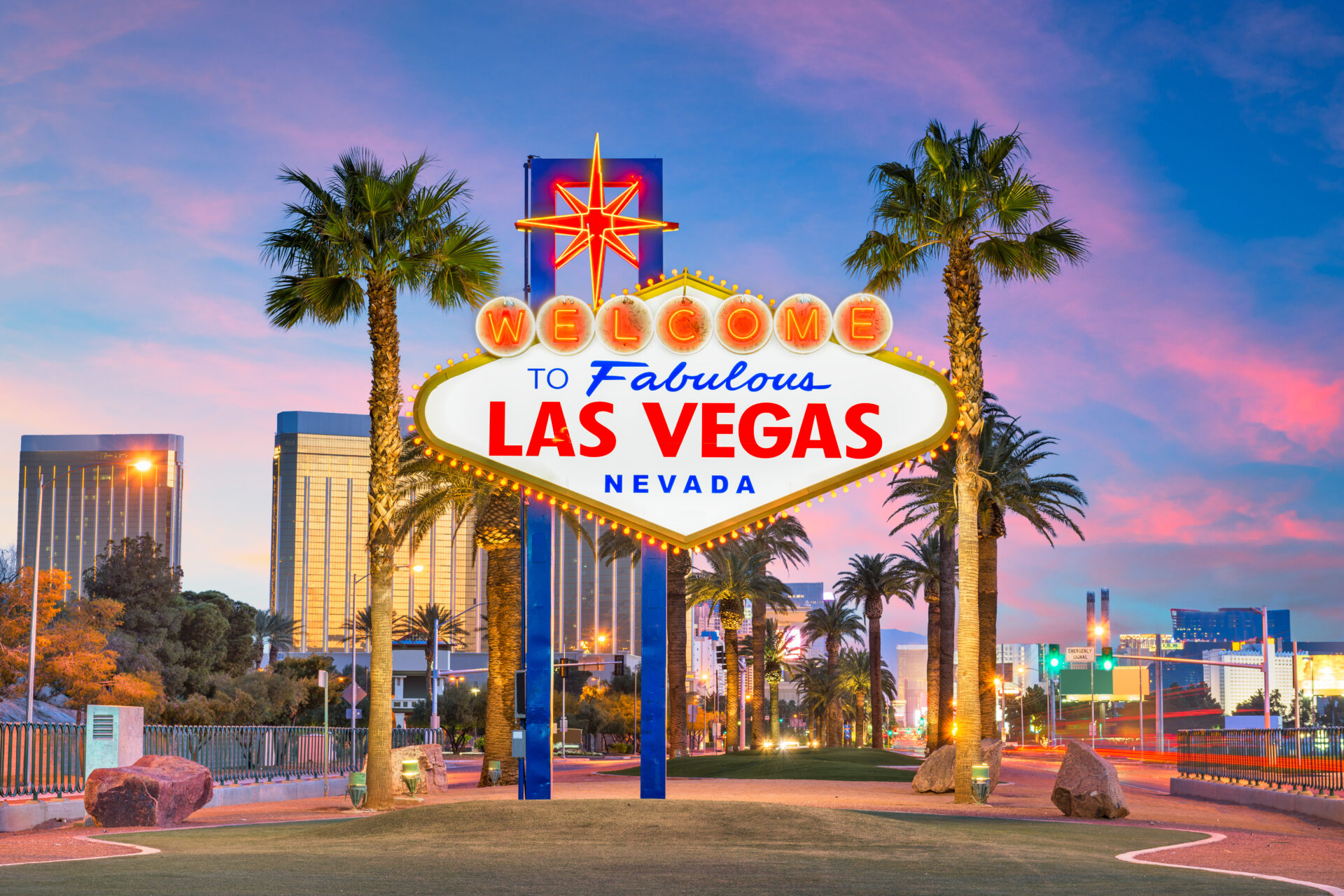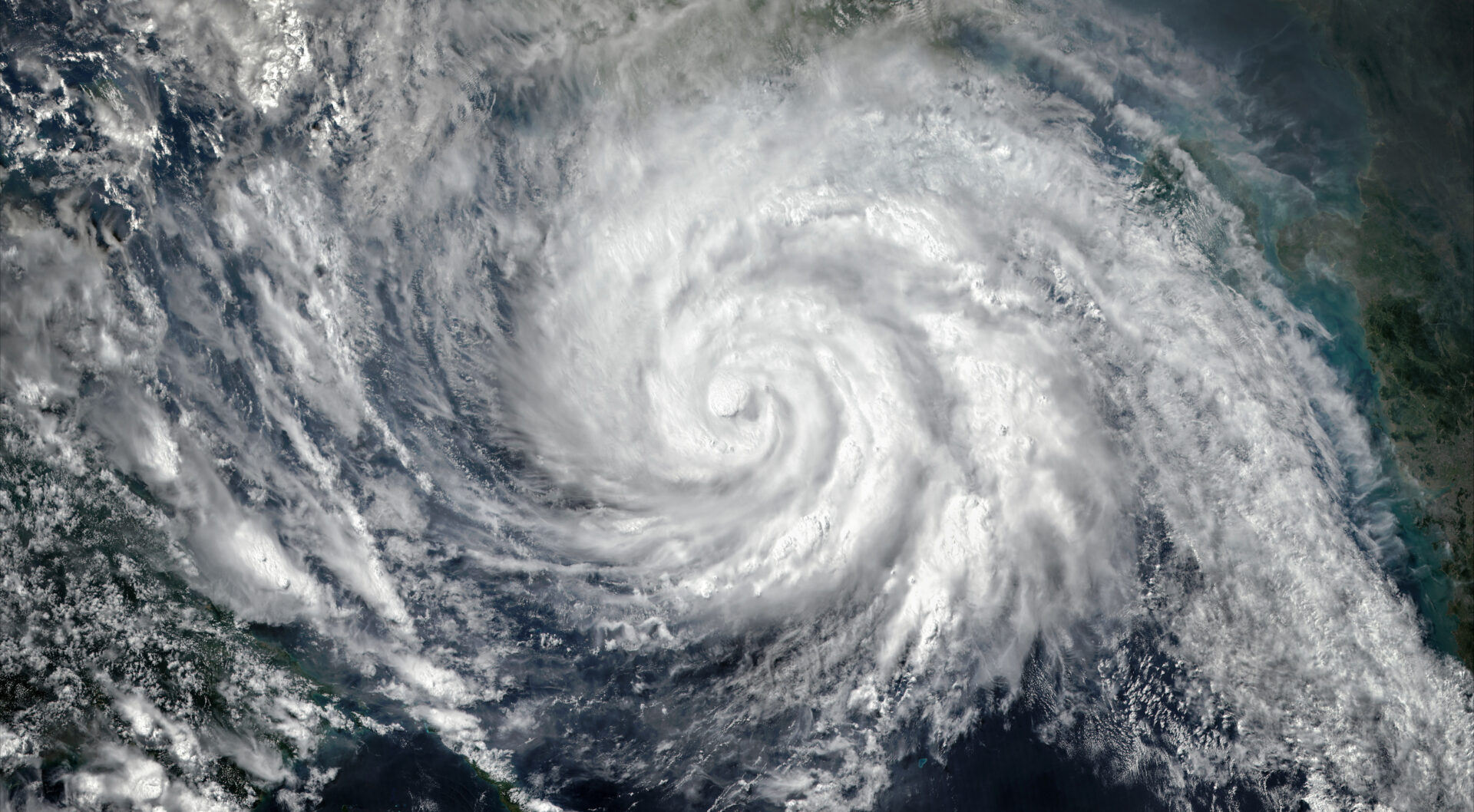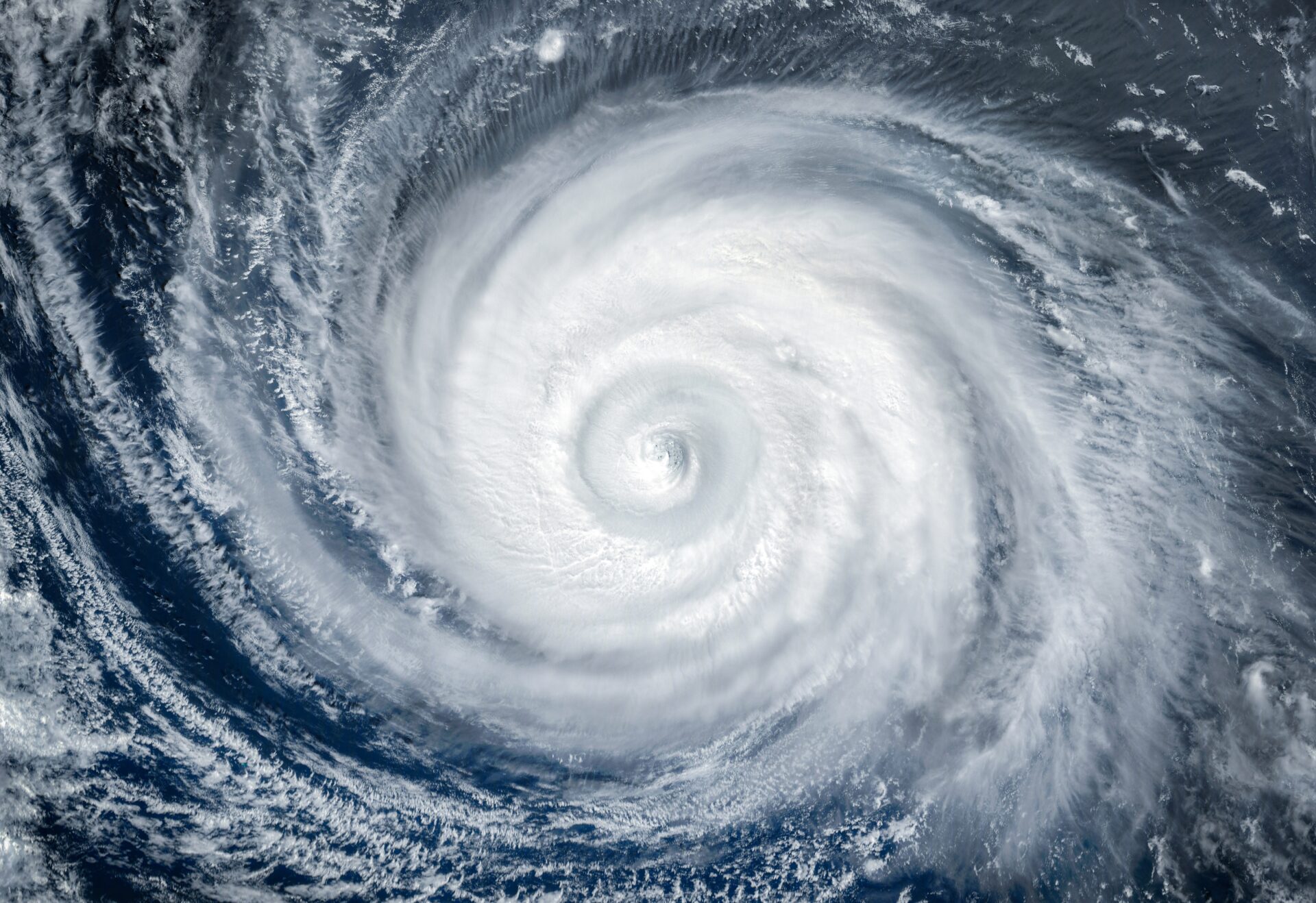
Tourism CRAPS OUT In Las Vegas!
Las Vegas tourism has sharply declined this summer, with industry insiders citing rising costs, shrinking international arrivals, and weakened consumer spending as key drivers.
At a Glance
- Visitor numbers fell more than 11% year-over-year in June 2025
- Air travel through Harry Reid International Airport declined in recent months
- International arrivals from Canada and Mexico are significantly lower
- Hotel executives acknowledge weaker occupancy and fewer advance bookings
- Hospitality workers report fewer tips and declining customer traffic
Rising Costs and Shrinking Value
One of the most frequently cited concerns among both tourists and industry experts is the rising cost of a Las Vegas trip. Visitors face not only higher room rates but also an increasing number of hidden fees, such as resort charges and parking costs. Everyday purchases, from $9 coffees to $100 buffets, are leaving travelers with the impression that the city no longer provides the value that once distinguished it from other destinations.
Watch now: What’s causing Las Vegas tourism slump? Insiders say it could be politics, rising costs. · YouTube
This erosion of perceived value has led to declining visitation numbers, as more travelers choose alternative leisure options that offer better affordability. Casinos and resorts have begun experimenting with steep discounts on food, beverages, and entertainment packages to regain momentum, but so far, the impact remains limited.
Air Travel and International Weakness
Declining passenger volumes at Harry Reid International Airport highlight the strain on the tourism pipeline. Flights have become more expensive, and industry insiders note a substantial drop in inbound travel from key international markets. Weaker exchange rates and heightened geopolitical tensions have played a role in suppressing demand, particularly among Canadian and Mexican travelers who once made up a steady share of visitors.
Local officials and union leaders have also warned of what some describe as a “Trump slump,” pointing to tighter immigration policies and heightened enforcement as deterrents to overseas tourists. Although not the sole factor, this layer of policy-driven headwinds has compounded financial obstacles, leaving international tourism in its weakest position in several years.
Economic and Cultural Shifts
The decline is not solely tied to travel logistics or pricing. Broader economic uncertainty and slower wage growth have reduced discretionary spending among U.S. consumers, diminishing the appetite for large-scale entertainment trips. Hospitality executives admit that advance bookings are thinner than expected, and many operators are preparing for a softer second half of the year.
Generational shifts are further complicating matters. Younger travelers, who once represented a vital demographic for Las Vegas, are increasingly gravitating toward online gaming and digital entertainment. This change in consumer preference challenges the city’s traditional reliance on in-person casino activity, live shows, and luxury experiences.
Worker and Business Impacts
For hospitality workers and small business owners, the downturn is already producing visible consequences. Fewer visitors translate directly into fewer tips, leaving many employees under greater financial stress despite recent tax relief measures on gratuities. Restaurants in both the Strip corridor and downtown report reduced customer traffic, with some nights described as resembling a “ghost town.”
Industry insiders remain cautiously optimistic that targeted discounts and value packages can help bridge the downturn, but many acknowledge that long-term recovery will require rethinking Las Vegas’s positioning in a more competitive and cost-sensitive travel market.
Sources
News 3 Las Vegas
MarketWatch
Time
Wall Street Journal
The Guardian


